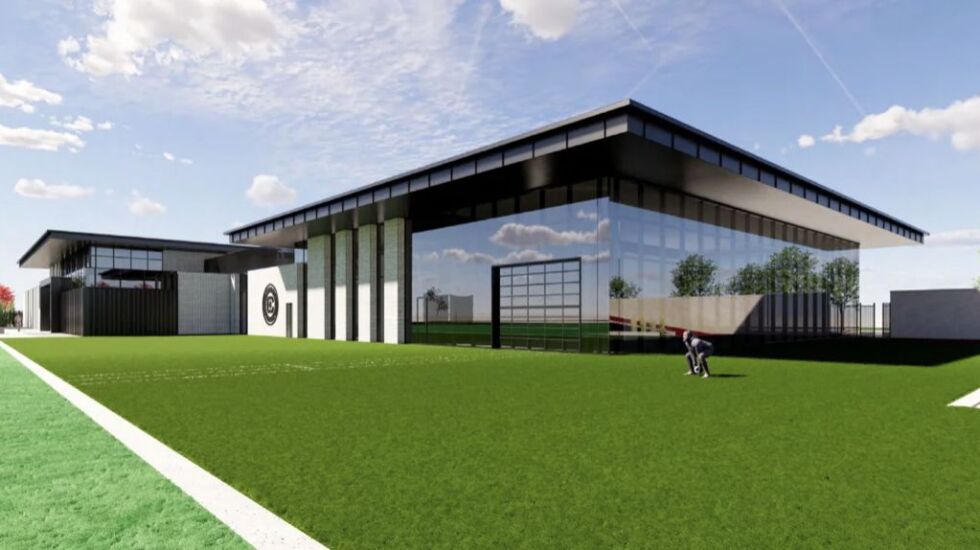
The City Council in September agreed to a zoning change required for a controversial plan to allow the Chicago Fire soccer team to build an $80 million training center on Chicago Housing Authority-owned land on the West Side that was supposed to be set aside for public housing.
Before the City Council vote, some alderpersons raised important questions about how the deal would further erode the CHA’s poor track record on delivering new public housing.
Those questions must be answered, especially now that additional important details about the plan remain shrouded in mystery, according to a recent report by ProPublica Illinois’ Mick Dumke.
The CHA has asked the U.S. Department of Housing and Urban Development to review the deal, but according to ProPublica, has yet to share a copy of the lease agreement for the 23-acre site with HUD or the Council, or to publicly release information on how the city arrived at the $40 million price for the site.
Let’s be clear: The Chicago Fire are an asset to Chicago and “deserve to have a high-quality training facility,” as Mayor Lori Lightfoot said a few months back. And some, though not all, CHA resident leaders favor the Fire’s plan.
But families who have been waiting for public housing they were promised under CHA’s Plan for Transformation are equally deserving. The all-important question for HUD: How does the soccer facility plan fit with the CHA’s stated mission of providing better housing for those most in need?
Completing that mission must come first for CHA.
‘Raises a fundamental question’
The CHA has told alderpersons the Fire will likely pay up to $40 million to lease the site, which is bounded by Roosevelt Road, Ashland Avenue, 14th Street and Loomis Street, for 40 or more years. That’s down from $48 million, according to a 461-page environmental report made public in June.
CHA officials refused to disclose records to ProPublica showing the appraisal and analysis used to determine the value of the land, citing an exemption to the Freedom of Information Act and telling ProPublica that the agency will release the appraisal once the deal is finalized. Housing officials also have been evasive about whether they have an agreement in writing at all, according to ProPublica.
“It really raises a fundamental question about whether they’re proceeding in this way to avoid anyone knowing [the details] until it’s been done,” Joe Ferguson, the city’s former inspector general, told ProPublica.
By keeping information secret until the deal is complete, Ferguson said, the CHA is at odds with a key tenet of good government: transparency. “This is the Chicago way in its most dark form,” he said.
Ald. Byron Sigcho-Lopez (25th) represents part of the area where the CHA land, once part of the ABLA Homes development, is located. Most of ABLA was demolished under CHA’s Plan for Transformation.
Given the stakes involved, it’s no surprise that Sigcho-Lopez is rightly critical of the lack of transparency regarding key details of the plan. We’re critical, too. The devil is always in the details.
“Imagine such a big deal, such a big agreement like this, and they don’t have all the documents available,” he told ProPublica. “There has to be a cost-benefit analysis. Is this in the best interest of the ABLA residents? Is this in the best interest of the city of Chicago? How can you answer that when you don’t even know what the agreement is?”
Eleven Council members voted “no” on the Fire’s plan. HUD now has the final say in making sure CHA doesn’t turn its back on all those families waiting for the housing they are due.
The Sun-Times welcomes letters to the editor and op-eds. See our guidelines.







